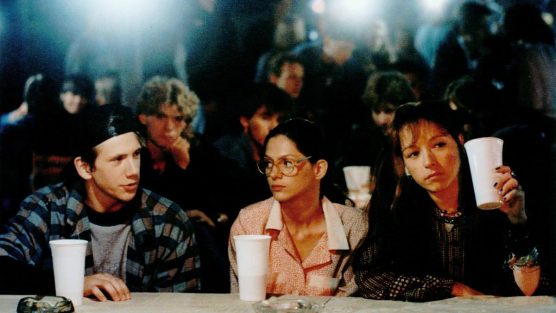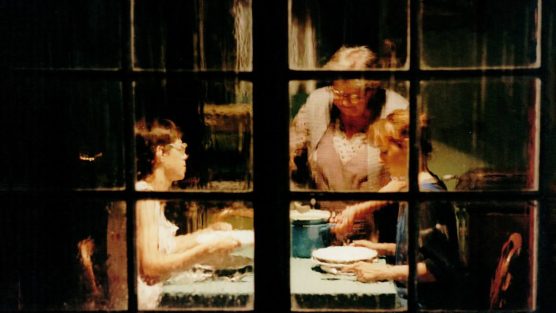
Synopsis
A tragicomic story of a girl’s discovery, transformation and initiation.
Introverted and lonely teenager Klára is spending the end of the summer at her grandma’s house with her cousin Marie, who is the exact opposite. At the local disco, Klára meets two boys who are chasing Marie. The relationships between the two girls, as well as their relationships with the two young men, form the thread of the fragile coming-of-age story.
Saša Gedeon’s debut is loosely inspired by a short story by F.S. Fitzgerald. Behind an ordinary comedy is a metaphor of paradoxes that all of us have experienced and still experience. It is a story about the uncontrollability of fate, about loneliness among people, about cheerful suffering and stupidity. About the stupidity of love and hate.
Country
Czech Republic
Producers
PAVEL STRNAD
PETR OUKROPEC
Genre
DRAMA
Co-producers
ČESKÁ TELEVISE, MARS PRODUCTIONS, F.I.F.C.S. JAPAN, WITH THE SUPPORT OF CZECH FILM FUND
Release Date
2. 2. 1995
Screening Formats
SD DIGITAL FILES
Runtime
65 min
Trailer & Photogallery
Cast & Crew
Writer & Director
SAŠA GEDEON
Cinematography
MILOŠ KABYL
Editor
PETR TURYNA
CAST
TATIANA VILHELMOVÁ/DYKOVÁ, KLÁRA ISSOVÁ, JIŘÍ PLOYHAR ML., OLGA KARÁSKOVÁ
MUSIC
PETR SKOUMAL
Sound Designer
JAN ČENĚK
About the film
Thanks to the success of a school film Zavřeno pro rodinný smutek (Closed Due to the Family Mourning) which won the Best Drama Award at the International film students’ festival (FFICS in Tokyo in 1992), Saša Gedeon, a graduate of the Department of Directing at FAMU, was able to make another film using the financial reward associated with this award. With the help of Čestmír Kopecký’s production group from Czech Television, Gedeon made his first full-length film. Its poetics refer to the images of the Czech new wave of the 60s, but it also offer a new perspective.
In a simple story of four young people at the end of summer, screenwriter and director Saša Gedeon plays out the story of many of their peers from today’s world and today’s time. The film captures their feeling of emptiness and groping search for their place, including the superficial dialogues and subconscious belief in love. The first encounter with feelings and displays of adulthood are presented in a lyric, tragicomic form. The life feelings of the main characters are accompanied by the lyrics of the featured music band Brutus, which probably resonate with the attitude of the teenage generation. It is a unique film among the post-November ’89 film production that builds on different starting points than the rest of the Czech production.






